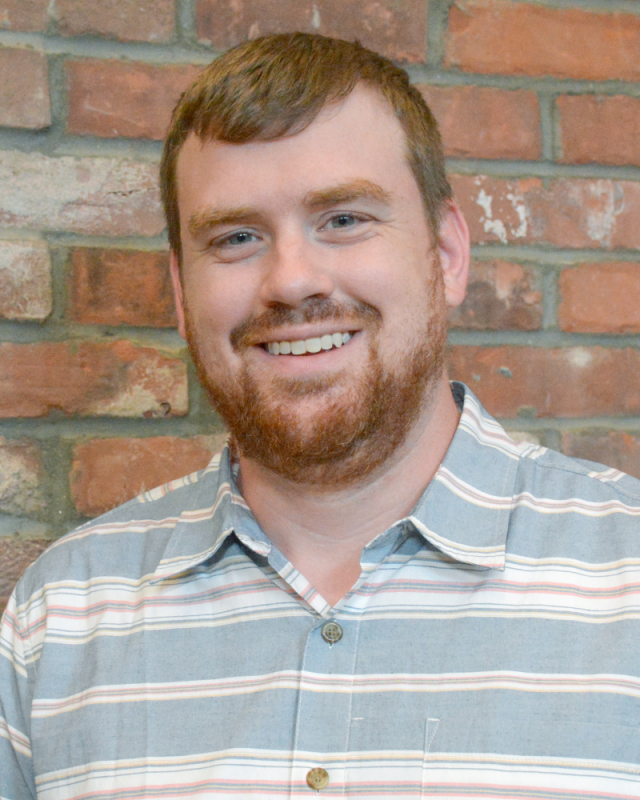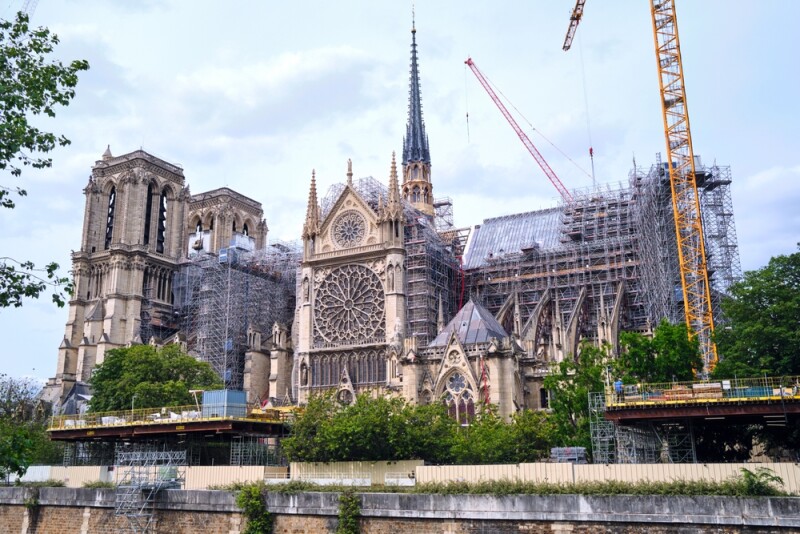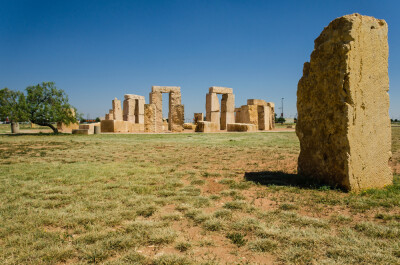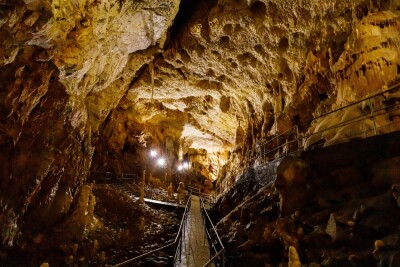Every week, we highlight stories from friends around the internet that put a spotlight on the latest in the 3D technology industry. These stories can take many different forms, whether they be about a new innovation or workflow, an interesting and/or unique use case for 3D technology, or a higher level look at the state of the sector. Today, we look at technology’s role in rebuilding Notre Dame Cathedral, new developments from Matterport, and skepticism around a “digital twin of the Earth.”
Find links to the full articles below.
The indispensable role of point cloud data in rebuilding Notre Dame
GIM International
Recently, the doors to the famous Notre Dame Cathedral in Paris were re-opened a half decade following a devastating fire which destroyed much of the structure. The reopening was a global event and the culmination of years of hard work in rebuilding one of the most iconic religious structures on the globe. This article highlights one piece of that work, focusing on the important role played by massive amounts of point cloud data to allow this rebuild to happen successfully.
Matterport goes Pro
Martyn Day | AEC Magazine
Matterport made its name within the real estate sector, providing an accessible way to create 3D representations of spaces that could be used for things like virtual showings, which became significantly more prominent during the pandemic. They also, however, work with the AEC industry to provide more accessible reality capture tools. This article dives deeper into the company’s place in the AEC industry and where they see themselves in that massive sector.
Digital twins of the Earth: Researchers are critical of the term
Phys.org
Over the last few years, there has been a lot of talk within the scientific community about the possibilities that would be provided by a “digital twin of the Earth,” which would give the opportunity to drive greater sustainability around the globe. By some definitions, we’ve already started to develop the digital twin. However, that is not a widely agreed upon idea. This article looks at some of the controversy within the community around the idea, and why some are critical of the term itself.






